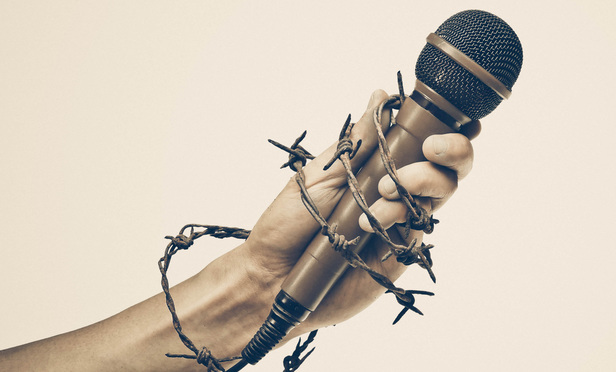News outlets are rightfully concerned about their place in a Trump administration. One question nagging the media is whether (and how) a President Donald Trump might seek to silence those who cover the negative aspects of his administration? Will his administration actively silence reporters by “opening up” libel laws? Or will the administration take a more-passive approach by simply denying access and information to those news outlets who displease the president and his aides?
The Supreme Court has not directly addressed whether the First Amendment affords greater protection to the members of the press than it affords to other speakers, see Snyder v. Phelps, 580 F.3d 206, 219 n.13 (4th Cir. 2009), but courts generally believe that the “speech” and “press” clauses of the First Amendment are one and the same. The New Jersey Supreme Court has said, “Millions of people with Internet access can disseminate information today in ways that were previously unimaginable.” 206 N.J. 209, 20 A.3d 364 (2011). Is it time to create special protections for members of the press and, if so, to what media outlets should those special protections apply?
This content has been archived. It is available through our partners, LexisNexis® and Bloomberg Law.
To view this content, please continue to their sites.
Not a Lexis Subscriber?
Subscribe Now
Not a Bloomberg Law Subscriber?
Subscribe Now
LexisNexis® and Bloomberg Law are third party online distributors of the broad collection of current and archived versions of ALM's legal news publications. LexisNexis® and Bloomberg Law customers are able to access and use ALM's content, including content from the National Law Journal, The American Lawyer, Legaltech News, The New York Law Journal, and Corporate Counsel, as well as other sources of legal information.
For questions call 1-877-256-2472 or contact us at [email protected]






